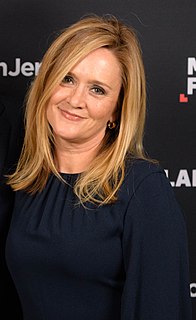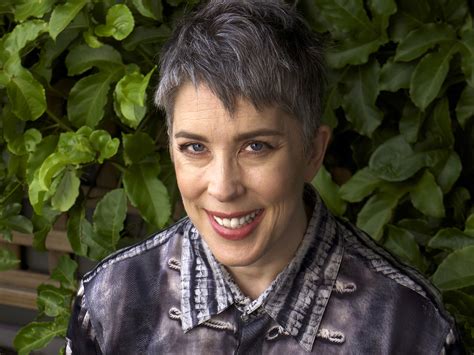A Quote by Zelig Pliskin
When you need to correct someone, be resolved not to do so in a blaming manner. Before criticizing, view the situation from the other person's point of view. Then be careful to speak calmly and tactfully. Carefully edit what you say before you say it.
Related Quotes
Sometimes you're just interviewing someone and you're thinking the entire time, How can I get through this really quickly? Because I know this isn't gonna make it. This person is either too long-winded or deathly boring, or they don't have the point of view that supports what you're trying to do in the piece. Or often people misrepresent themselves on the phone - what they're willing to say to you then, they're not willing to say in person.
Everybody you work with sees what you're doing from a different point of view, a very specific point of view. So, if someone is lighting, they're seeing it from that point of view. A production designer is seeing it from the placement of furniture that tells you about the character. Everything that goes into the room should tell you about the person who lives in that room.
In my view, philosophers have shown a great deal more respect for the first-person point of view than it deserves. There's a lot of empirical work on the various psychological mechanisms by way of which the first-person point of view is produced, and, when we understand this, I believe, we can stop romanticising and mythologising the first-person perspective.
But every point of view is a point of blindness: it incapacitates us for every other point of view. From a certain point of view, the room in which I write has no door. I turn around. Now I see the door, but the room has no window. I look up. From this point of view, the room has no floor. I look down; it has no ceiling. By avoiding particular points of view we are able to have an intuition of the whole. The ideal for a Christian is to become holy, a word which derives from “whole.
[On how she goes about trying to live authentically] Well really listening to my point of view and if I am on a set, say, that doesn't really value a woman's point of view, regardless of how they feel, continuing to give my point of view and try to find a way to be heard and not diminishing myself because other people are diminishing me. Because that, I think, is the worst temptation that, you know, you judge yourself by how others are judging you, and to fall into that trap is to walk into the realm of self-annihilation.
This is going to sound pretentious, but I like comedy that addresses something I find either worrisome or interesting in my life. I like Louis C.K.'s stuff or Bill Burr's stuff. I feel like there's comedy where someone will think of something that they think will work comedically, and then they reverse engineer that point of view so they can say that funny thing. The comedians I like, it could be an allusion, but it feels like their point of view comes first and then the jokes are a reflection of what they actually believe, or are frightened of, or are curious about, or are interested in.






































